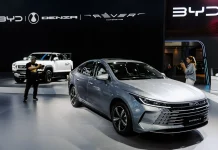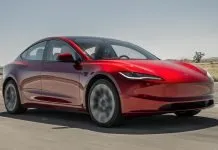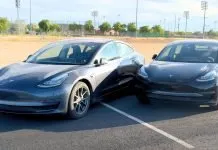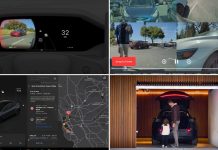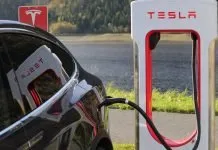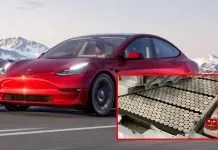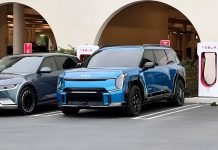In a move that has the potential to completely change the landscape of the electric vehicle (EV) market, the European Union is said to be considering a waiver of heavy tariffs on Chinese-made EVs in exchange for agreed minimum prices. If this happens, it will signal to the industry that Chinese makers like BYD, Geely, and SAIC can penetrate the European market on scale – a threat of epic proportions to Tesla.
Last year, the EU cut a similar tax break on Chinese electric vehicles, as high as 45.3%, after Washington convinced the EU that there was a tide of high-quality, cheap imports. These duties were aimed at bringing a level playing field for BYD, Geely, and SAIC, which faced premium rates of specific surcharges of 17 percent, 18.8 percent, and 35.3 percent, respectively, on top of the 10 percent standard import tax.
However, the diplomats from both Europe and China are now chatting about a different deal: minimum price pegs for Chinese-made EVs. This mechanism, called a price undertaking, would establish a minimum import price for these products, which could substitute for the tariffs of retaliation. Discussions are expected to start immediately.
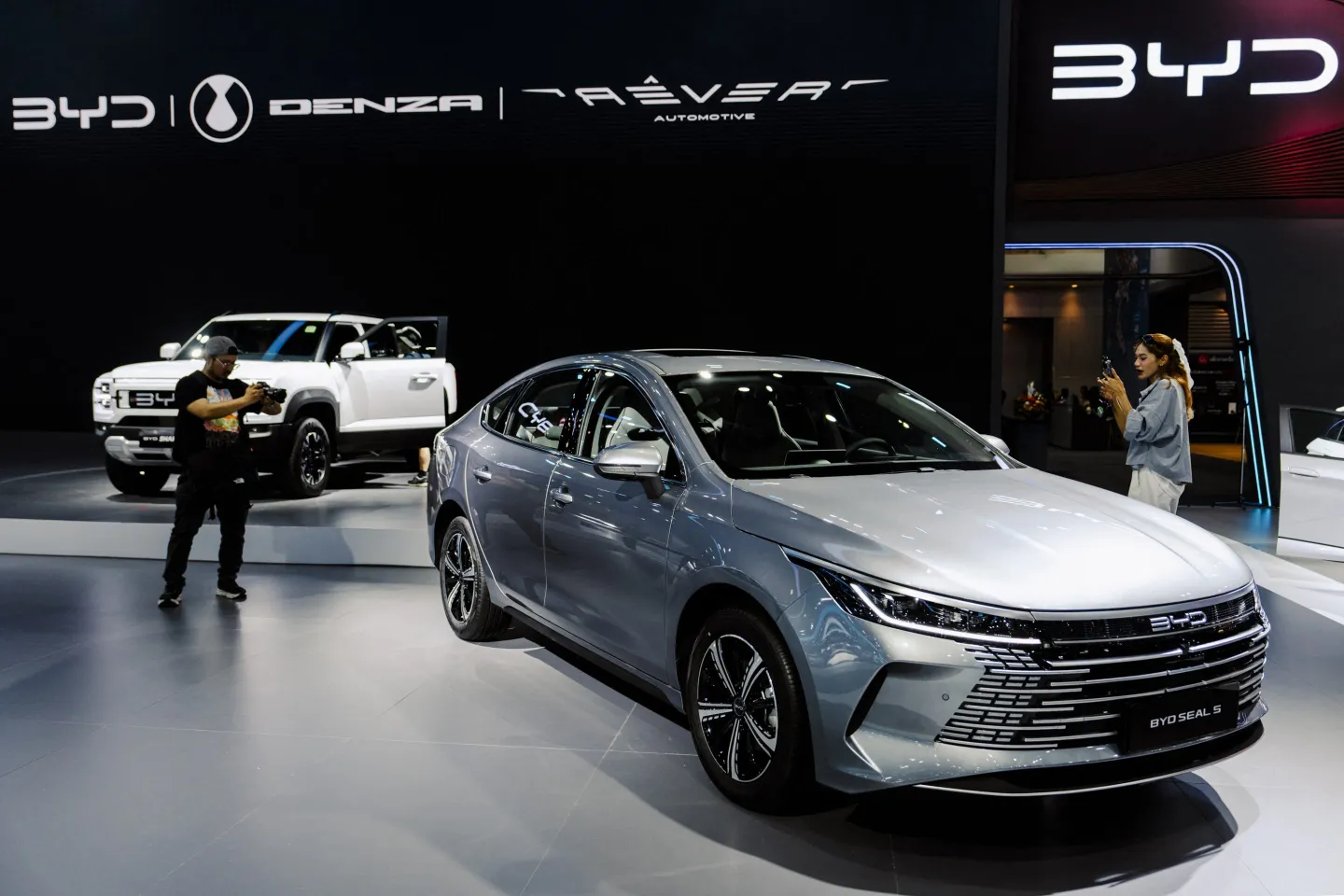
Tesla’s Fragile Foothold in Europe
Tesla’s European performance has already been under stress, and the expectation of Chinese EVs are already very high due to their competitive pricing and advanced features, which can cause even more stress to Tesla. The company’s dominance on the continent was mostly achieved by the absence of Chinese brands, which until now were restricted, as a result of high import costs.
But that protection may be short-lived. Tesla’s European sales have plummeted highly — by 43 % general as of March, and by a close to indeed astounding 62% in Germany, according to Reuters. This is all happening at a time when the company is already struggling with political sagas and an intensifying global EV competition.
Chinese EVs: Affordable, Advanced, and Ready
But the allure of Chinese EVs is not limited to pricing. Among manufacturers such as BYD is establishing new standards in performance & technology. The model recently launched not only Han L and Tang L, two cars with “Megawatt” charging, which can allegedly charge 250 miles of range in five minutes. These types of cars begin under $29,000 — a price that neither Western automakers can contend with comparable features.
BYD Debuts EVs with 435 Mile Range and 5 Minute Fast Charging Starting at Just $30,000
From range anxiety solutions to excellent build quality and flair for innovation, Chinese EVs are quickly catching up with Western rivals. If minimum pricing settlements are going to allow these vehicles to arrive in Europe without tariff-driven price hikes, it may all be a bit of a game-changer for consumers and potentially a disaster for the old-fashioned name brands.
However, although this change is bad news for Tesla and legacy automakers, it may be good for consumers. Easier, more affordable, and more technologically advanced EVs available could boost numbers across the continent and achieve the ambitious climate goals. Finally, European buyers will have the value and performance that has thus far been denied them by trade barriers.
At the same time, European and U.S. automotive companies confront a turning point. Without innovation and aggressive pricing, they will also lose further ground in Europe, but ultimately in other markets where Chinese car manufacturers are gaining.

